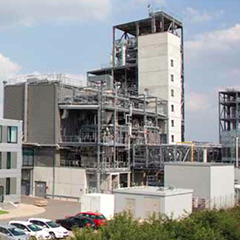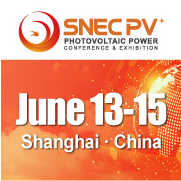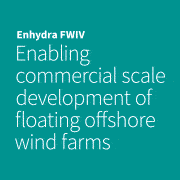As Director of Customer Projects for Schmid Silicon Technology (SST) GmbH, Bodo Vetter enjoys a privileged overview of our evolving industry. A longstanding contributor to PES, SST is at the forefront of the PV solar value chain and as such, is uniquely-placed to report on the ebbs and flows of the European marketplace.
PES: Welcome back to PES. As a player with your finger very firmly on the pulse of the industry, what can you tell us about the state of the market right now?
Bodo Vetter: The polysilicon industry has reached the bottom of its long downturn. Prices are gradually – but clearly – rising again and overcapacities are decreasing. Nevertheless, most polysilicon plants around the globe will not be able to produce efficiently due to cost structures and quality.
It is noteworthy that the Chinese government, for example, has set stringent quality targets for the production of polysilicon as a means to control capacity and competitiveness.
At this point, opportunities open up for providers of cost-efficient, easy and stable operations, as well as high quality technology.
PES: Can you tell us a little about your consulting services for the PV industry?
BV: SST clearly is a specialised technology provider and therefore offers consulting in all areas of polysilicon production, from investigating the optimisation potential while maintaining existing TCS technology, to the re-engineering of existing TCS plants by using more cost-efficient, higher quality monosilane technology.
In any case, an additional investment resulting from the actual implementation of the findings will be quite limited as a strong emphasis is put on utilising a maximum of the existing equipment.
PES: At the moment, it would take a brave organisation to build a new Polysilicon plant from scratch. How can you help clients upgrade their existing plants?
BV: SST always starts with a diligent analysis of the plant and its technology. In this way, the optimal approach for an upgrade can be found. With SST Monosilane technology, upgrade-options can include, for example, the following:
Integration of an SST low-pressure hydrochlorination as a replacement for an existing direct chlorination with thermal converters
The optimisation of an existing hydrochlorination to stabilise and increase output
Based on an existing hydrochlorination, the integration of a monosilane unit via an SST disproportionation including a filling station, with monosilane as an additional product for sale
And, based on an SST disproportionation, a revamp of existing TCS-CVDs to Monosilane based CVDs for the production of high quality solar or even electronics grade polysilicon
PES: Is it low quality polysilicon plants that are being squeezed the most? How are you helping them make efficiencies?
BV: Quality is not the only key factor to be able to compete in the market. Production costs and a stable, as well as flexible production with respect to capacity, are additional but still decisive factors for efficient plant operation.
Production cost, for example, is not just defined by energy consumption. A stable plant operation is key to keeping energy consumption low. Each unscheduled production stop is expensive and adds to an unfavourable cost situation for the plant.
Only solutions addressing the individual situation of the customer can create optimal concepts helping the customer succeed. Understanding the specific issues of a given plant and a thorough analysis of its process parameters come first.
In the next step, a joint engineering effort in partnership with the customer creates an individual optimisation concept.
Of course, high polysilicon quality also remains a key commercial aspect that, using monosilane technology, can be achieved by just applying underlying physical principles.





























